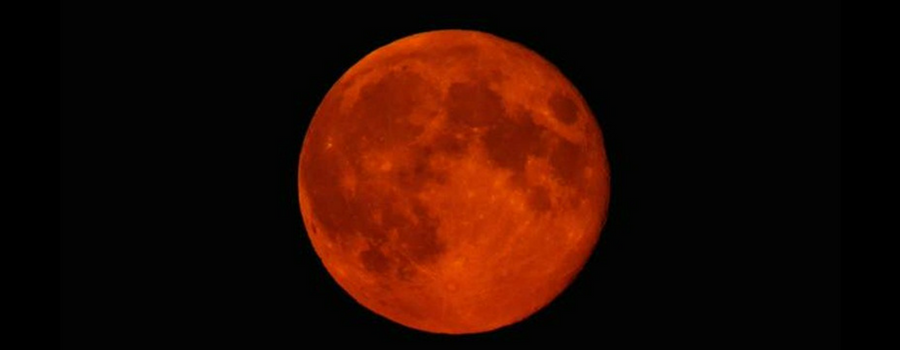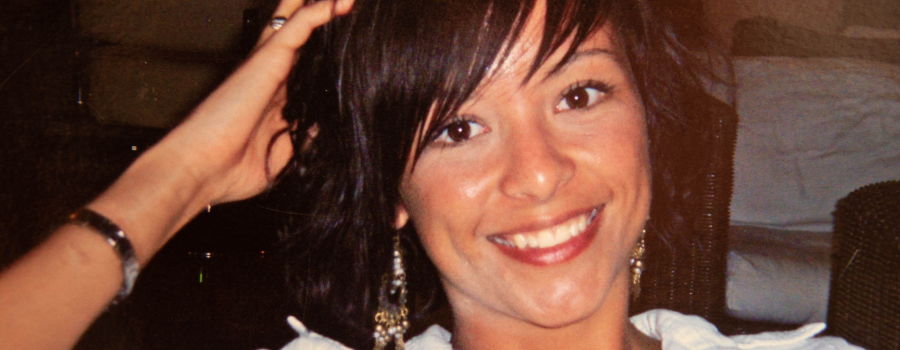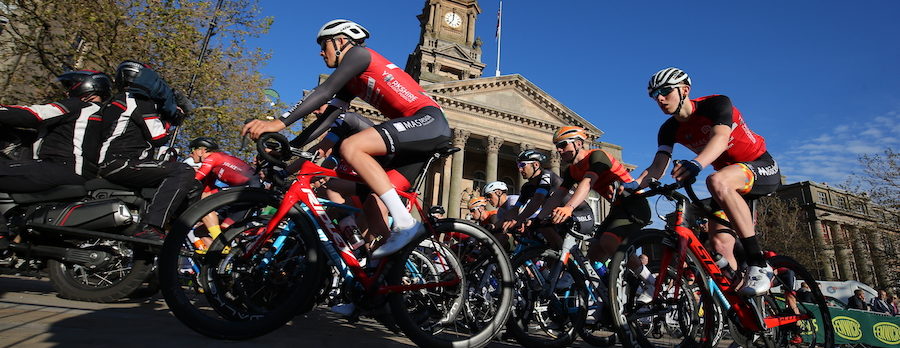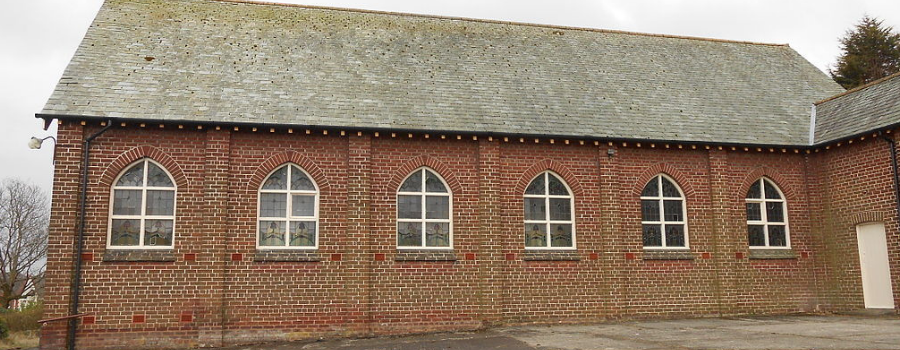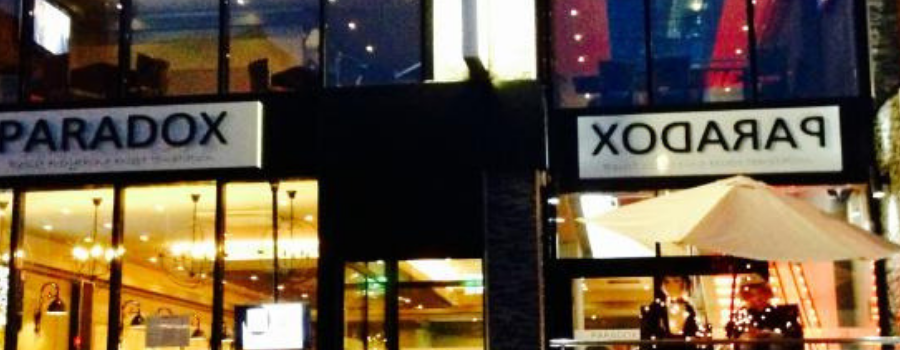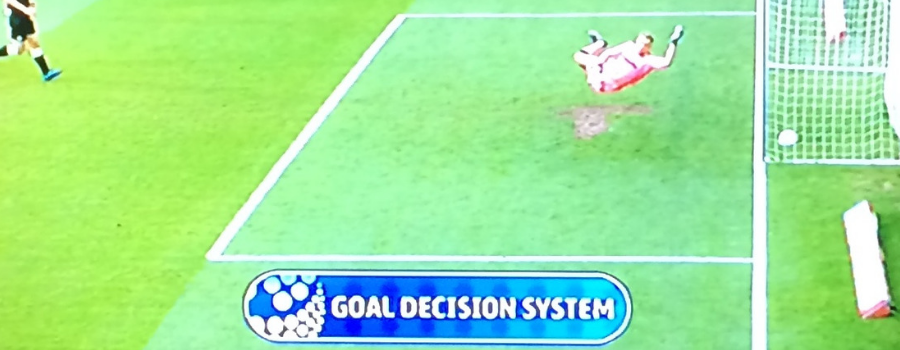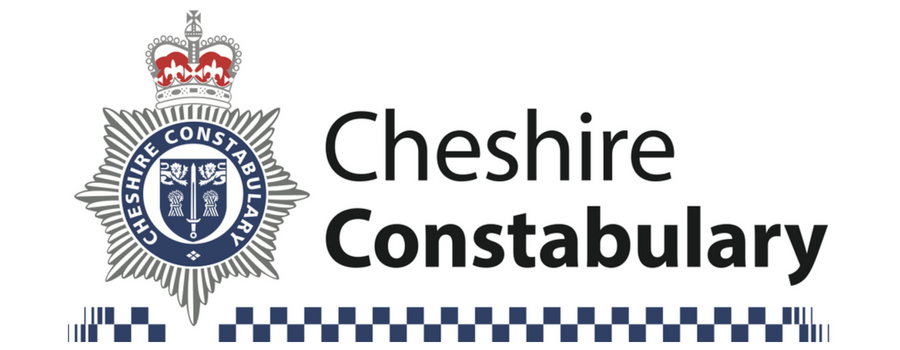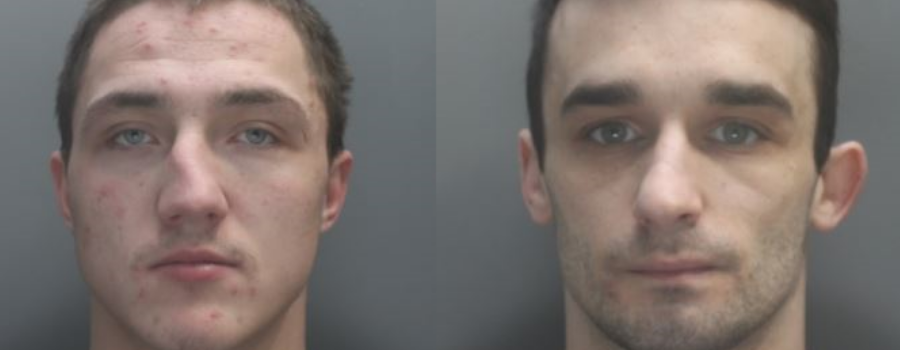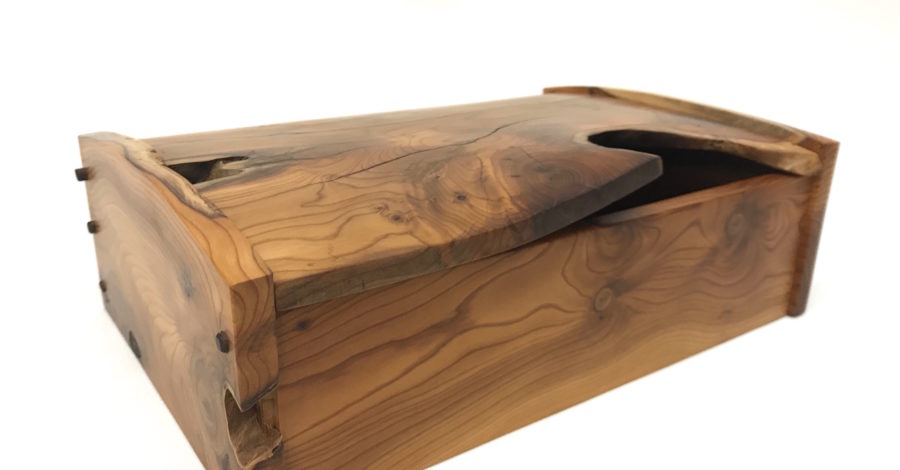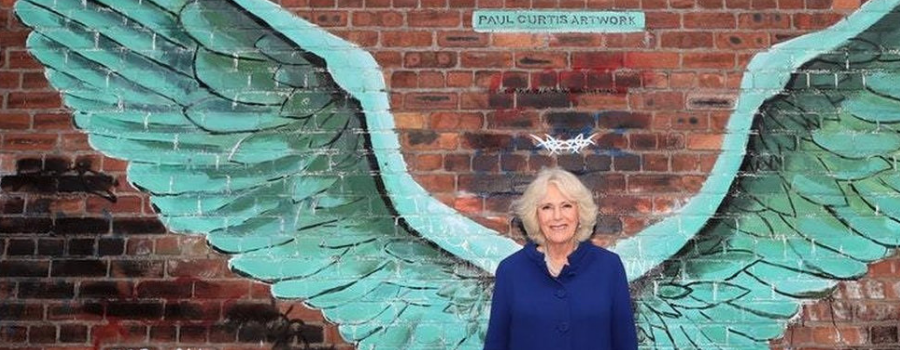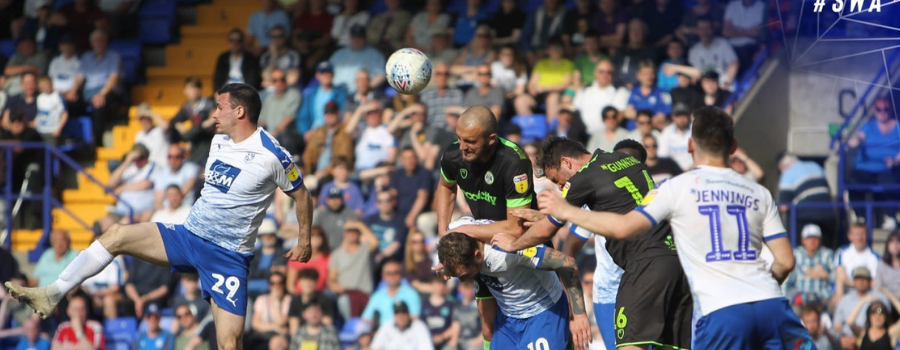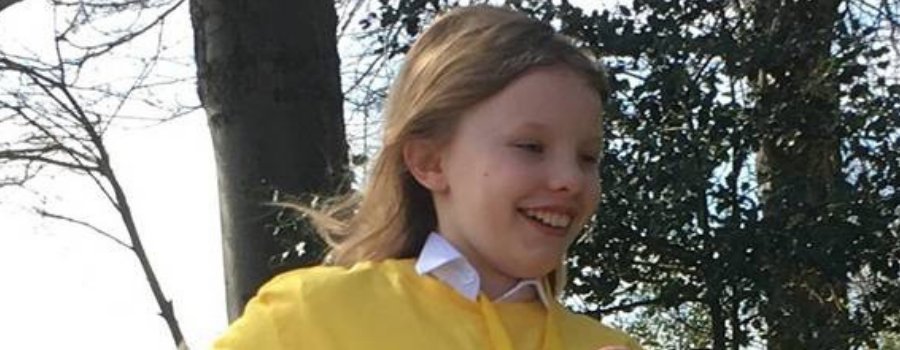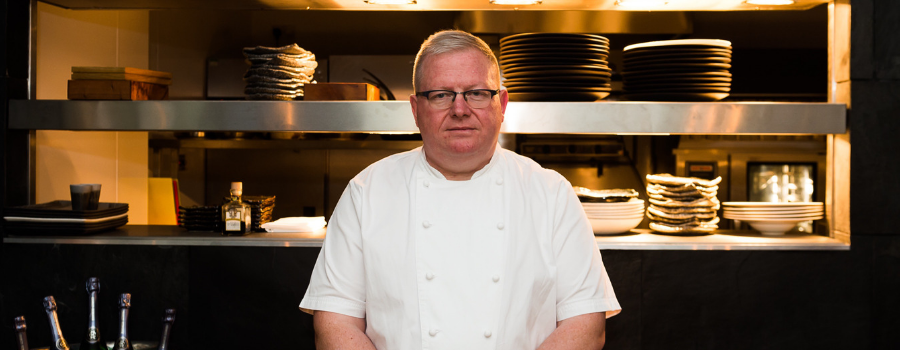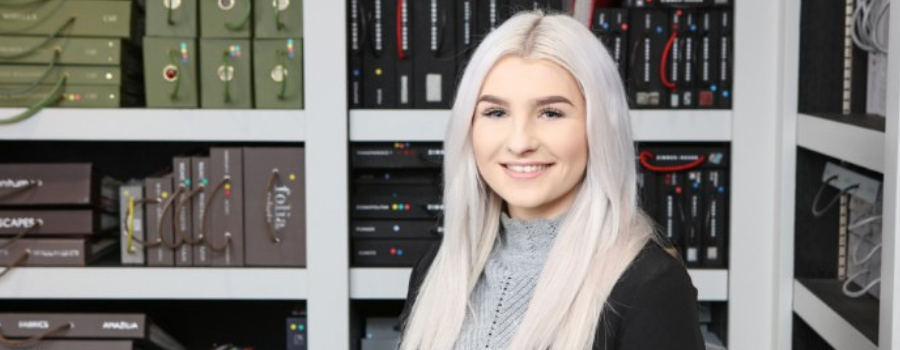Tonight may give us a chance to witness the longest ‘blood moon’ eclipse of the 21st century.
As our solitary natural satellite rises some 248,000 miles away from Earth, the moon will turn a striking shade of red or ruddy brown during a total eclipse,
The “totality” period, when light from the Moon is totally obscured, will last for one hour, 43 minutes.
At least part of the eclipse will be visible from Europe, the Middle East, Africa, Australia, most of Asia and South America, while observers in southern Asia and the Indian Ocean region will get a lunar eyeful,
Here in centre of the universe Heswall, rain clouds permitting, the Moon will appear entirely red – fully eclipsed by Earth – from when it rises at 21:00 to 22:15 BST.
The south-east will be the place to look for the rising, eclipsing Moon. As an added celestial bonus, tonight and over the coming days, planet Mars will be at its closest point to Earth since 2003 – and will be visible as a bright red ‘star’ where skies are clear. Staring at it we can ponder the implications of the recent discovery of an underground lake of liquid water beneath the Martian surface.
The nearest Mars gets to Earth is 54.6 million kilometres. At its furthest point, our home and the red planet are 400 million kilometres apart, so if the Martians are planning a war of the worlds they would be well advised to set off today.
Unlike a solar eclipse, you don’t need any special equipment to observe a lunar eclipse. Such events, which occur when the moon passes into Earth’s shadow, are safe to view directly with the naked eye, telescopes or binoculars.
Here’s the sciencey bit: the moon turns deep red or reddish brown during eclipses, instead of going completely dark. That’s because some of the sunlight going through Earth’s atmosphere is bent around the edge of our planet and falls onto the moon’s surface.
Earth’s air also scatters more shorter-wavelength light (in colours such as green or blue); what’s left is the longer-wavelength, redder end of the spectrum.
If we are lucky enough to get a decent view and you take photographs, please share them with Heswall Today: heswall@hyperlocaltoday.co.uk

